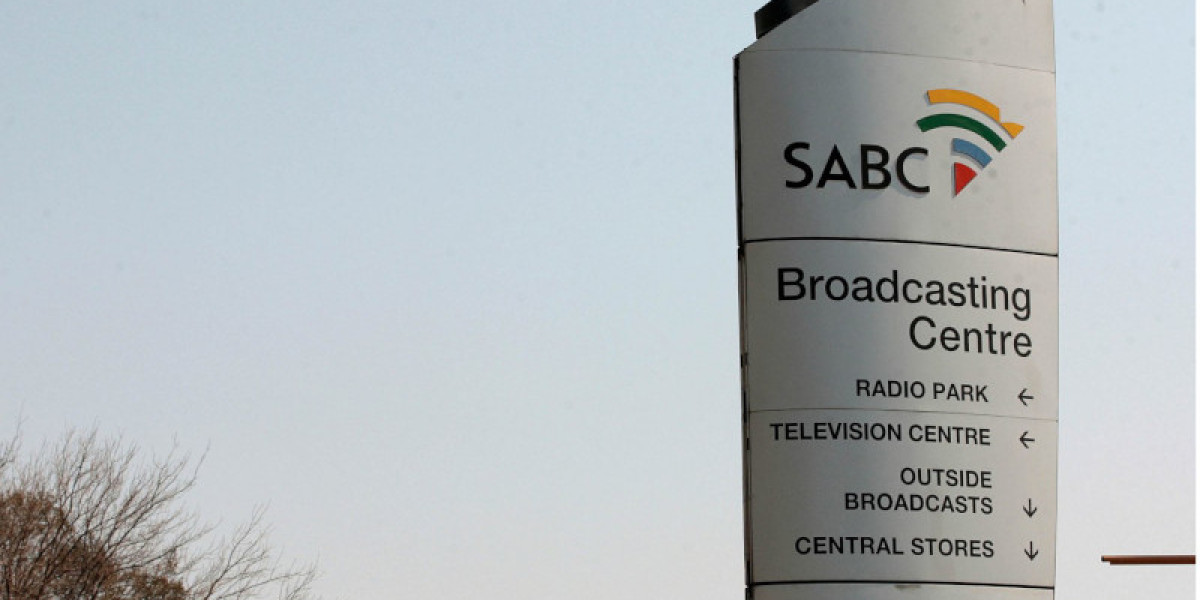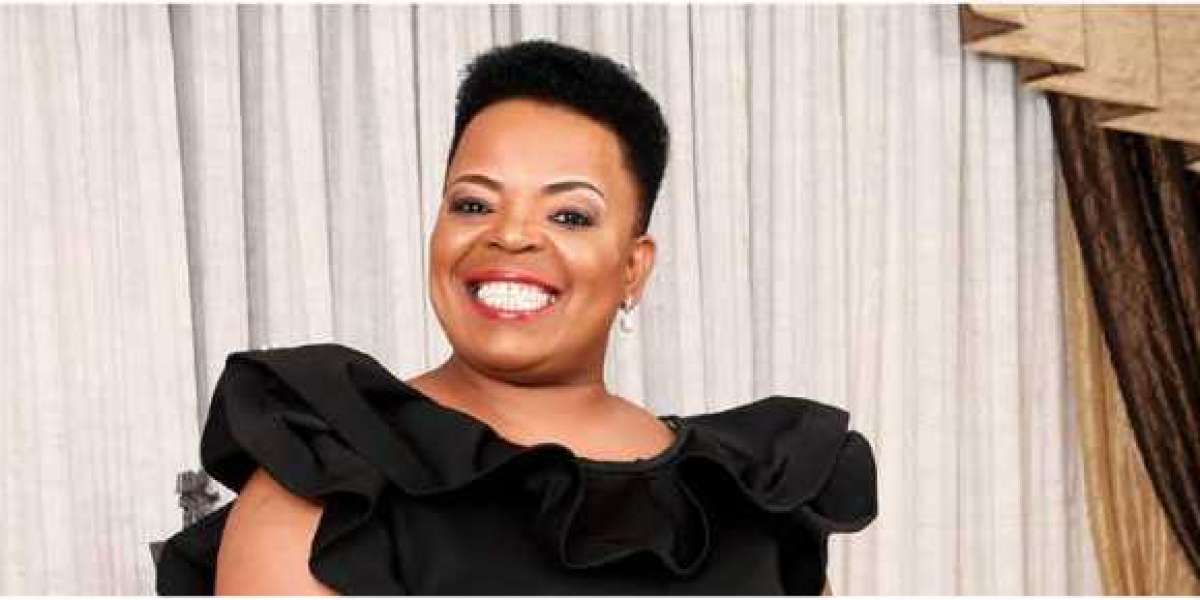The government is exploring these proposals to assist the public broadcaster in better fulfilling its mandate, as outlined in the draft White Paper on audio and audiovisual media services and online content safety by the Department of Communications and Digital Technologies, dated July 2023. The draft White Paper on audio and audiovisual media services and online content safety, dated July 2023, outlines potential significant changes to the funding model of the South African Broadcasting Corporation (SABC). These changes are aimed at ensuring the SABC has the necessary funds to fulfill its public mandate. One key proposal involves adopting the Nordic model, inspired by countries like Denmark, Finland, Iceland, Norway, and Sweden.
Satellite television provider MultiChoice is suggesting a reform of the SABC's funding approach. This entails phasing out TV licenses and introducing a dedicated public broadcasting service (PBS) levy, which would be collected by the revenue service (similar to the tax collection approach). The proposed funding model is being considered within the SABC Bill. As of the 2021/22 financial year, the SABC only managed to collect about R815 million in TV license revenue, which is slightly over 18% of the approximately R4.45 billion billed to viewers in the same period. This results in a significant shortfall of over R3.6 billion.
The Communications and Digital Technologies Minister, Mondli Gungubele, revealed that there are 9.2 million accounts with outstanding balances totaling R44.2 billion. Many of these accounts have been transferred for external debt collection. In response to this situation, the department has proposed replacing the TV license model with a household fee model, as part of the SABC Bill approved by the Cabinet in November of the previous year. While legislative changes are pending, discussions between the department, the SABC, and the National Treasury are ongoing to explore options for reforming and enhancing the current TV license system to address the funding requirements of the SABC.
The draft White Paper also introduces other proposals, including restructuring the SABC's public commercial division with a new commercial board, solely focused on generating revenue to sustain the broadcaster and its public service mandate. Additionally, it's anticipated that legislation will mandate the SABC to operate international satellite television, radio, and internet services under the name "SABC international broadcast service" or "SABC foreign broadcasting service," encompassing Channel Africa radio services and the Department of International Relations and Co-operation’s 24-hour internet-based radio station, Ubuntu Radio.
Despite concerns about potential distortion of competition, these changes align with international best practices. Public broadcasters like the BBC also have commercial arms and platforms, enabling them to monetize their content effectively. The overarching aim of these proposals is to address the SABC's financial challenges and enable it to continue its public service mission.








